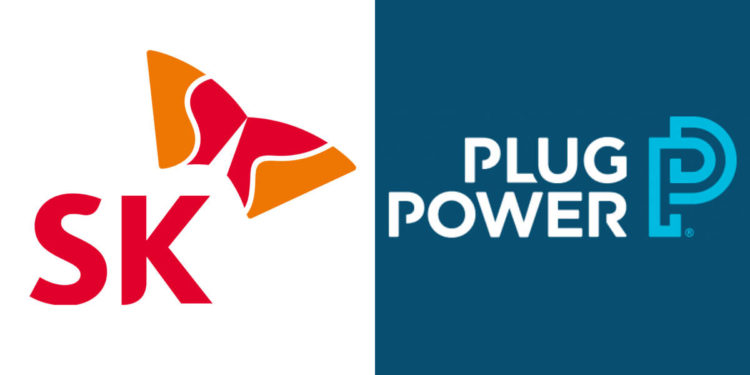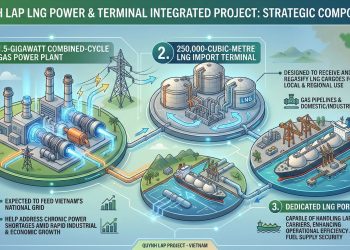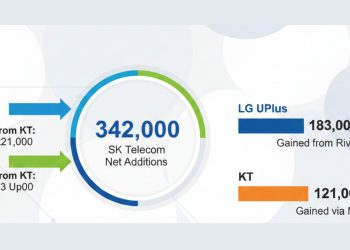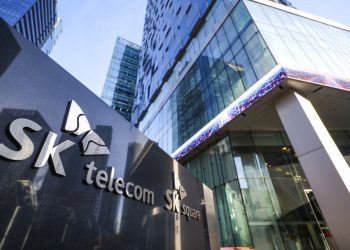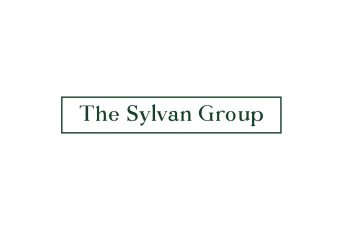SK Holdings and SK E&S formed a partnership with Plug Power, a US-based fuel cell and hydrogen energy solutions provider. In the partnership, all companies involved would promote hydrogen as an alternative energy source, helping Asia’s green hydrogen economy expansion. SK and Plug Power discussed business models for establishing hydrogen power infrastructures in Asian markets through an online deal-closing meeting. Some attendees include SK Holdings CEO Jang Dong-Hyun, SK E&S Vice Chairman Yu Jeong-Joon, and Plug Power President Andrew Marsh.
In January, SK Group made a 1.8 trillion won ($1.6 billion) capital investment in Plug Power, acquiring an approximate 9.6% share ownership. Under the joint venture, SK and Plug Power will establish hydrogen fueling stations, fuel cell facilities, and electrolyzer systems in South Korea and other Asian countries. Following the investment, the companies aim to build a fuel cell and electrolyzer plant in South Korea by 2023 and then sell the products to Asian markets with a considerable cost reduction.
SK Group’s Hydrogen Business
“SK will maximize the synergy between the two companies in the global hydrogen market by combining SK’s domestic and foreign energy infrastructures, business capabilities, and Plug Power’s world-class hydrogen business portfolio and technology,” said Choo Hyeong-Wook, SK E&S’s CEO. With the Plug Power collaboration, SK Group plans to strengthen its lead in Asia’s sustainable hydrogen market.
Jang announced that SK Group has been incorporating ESG management strategies in its businesses during the virtual meeting. This month, the Federation of Korean Industries recognized SK Group as one of the ESG pioneers throughout South Korean firms. In addition to joining the RE100 campaign, SK promotes hydrogen as the main focus of its transition into a more eco-friendly business.
Moreover, Plug Power’s President stated that the company had been steadily assisting North America’s hydrogen economy. Marsh said that Plug Power and SK Group share the same goal of developing Asia’s hydrogen-related business operations. According to both companies, the joint venture is in line with South Korea’s 2040 Hydrogen Economy Roadmap. Some of the roadmap’s targets include manufacturing 6.2 million fuel cell EVS and producing 1,200 refilling stations by 2040. Aside from the Plug Power collaboration, SK discusses with Chinese firms for building hydrogen and fuel cell technologies.

